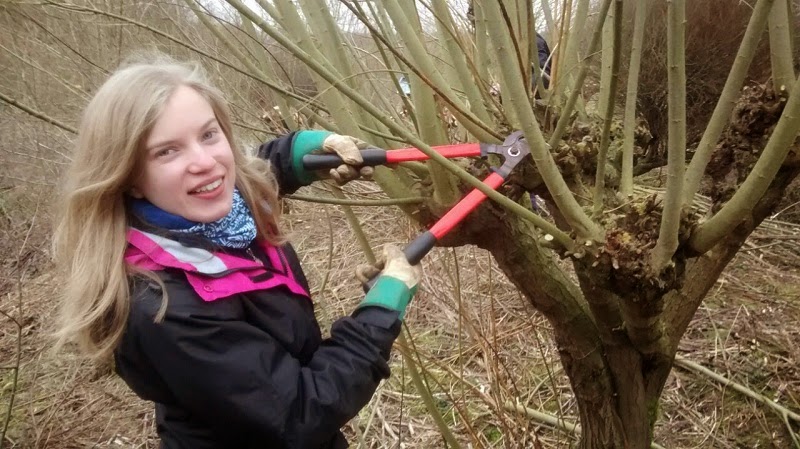A few examples are:
- Chives, radishes, or rosemary can be used to deter carrot fly from a carrot crop, as they then can't smell the carrots due to the scents of the other plants.
- Rosemary is also good for driving away cabbage moth.
- Apparently Chives are also good near roses for controlling aphids, helping to reduce the disease blackspot.
- Marigolds help to keep away aphids, perhaps due to their aroma.
Someone once told me a planting scheme for a border which she referred to as 'Something the same, Something different'. For example you have the same colour flowers or foliage throughout the border using different species, so it could be an all purple border but with different types of foliage.This could also mean picking different varieties, that flower at different times. I thought it would be interesting to see what a border like this would turn out like!
-Emma-

